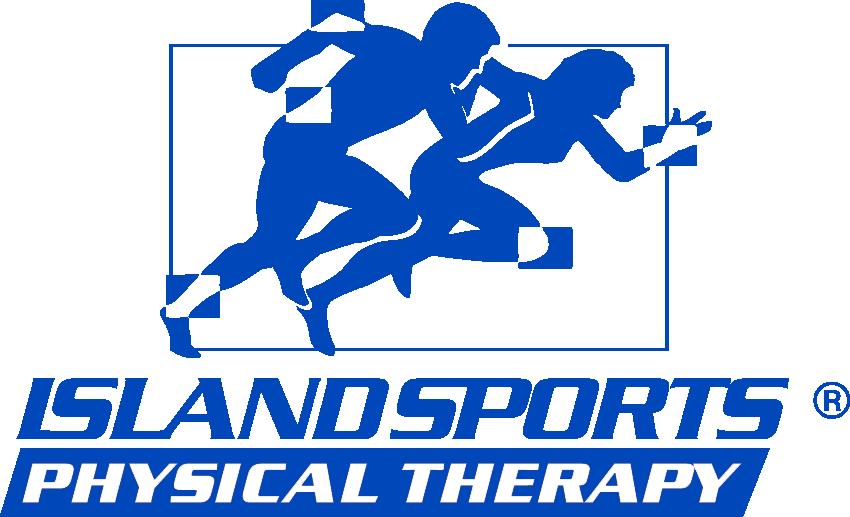How to Prevent Muscle Cramps
How to Prevent Muscle Cramps
Muscle cramps happen when a muscle involuntarily contracts, tightens, and does not relax as it normally should. Anyone who has been unexpectedly stopped in their tracks with a cramp or even awakened in the night from a charley horse knows the extreme pain muscle cramps can cause. Here are some tips on how to prevent and how to deal with muscle cramps.
Many experts can agree that dehydration can be the leading cause of muscle cramps. It is important to stay hydrated, especially while exercising. Not having enough water and sodium surrounding your muscles can cause them to be hypersensitive and puts you at a higher risk for cramping. Drinking electrolyte-rich drinks may prevent those painful side cramps that many people experience while exercising while also keeping you hydrated.
Your diet may also be an important factor in preventing muscle cramps. Certain vitamins and minerals, such as potassium, calcium, and magnesium can all impact your muscle function. Certain fruits and vegetables can be 90% water, so eating plenty of these will help you stay hydrated and healthy. Eating bananas can be helpful in preventing cramps because the added potassium in your diet can help to balance your electrolytes as well as create a strong defense against muscle spasm.
Another factor contributing to muscle cramps is from overuse of your muscles, or muscle fatigue, which is caused by vigorous exercise or long periods of physical labor. Cramps can occur during physical activity or can sneak up on you up to 6 hours afterward. Be sure you get in a good warm-up to prepare your body for physical activity in order to prevent muscle cramps and muscle fatigue. Stretching should be done before and after exercise to gently warm up your muscles and increase your flexibility. Continuous strenuous exercise can bet the cause of cramping, so it is important to take occasional breaks to reduce the strain on your body.
Unfortunately, cramps are extremely common, and almost everyone experiences them sometime in their life. The good news is cramping will almost always be treated with self-care and will resolve in a short amount of time. If the pain is severe, long-lasting or occurring frequently, you may have suffered a muscle injury and you will need medical attention.
